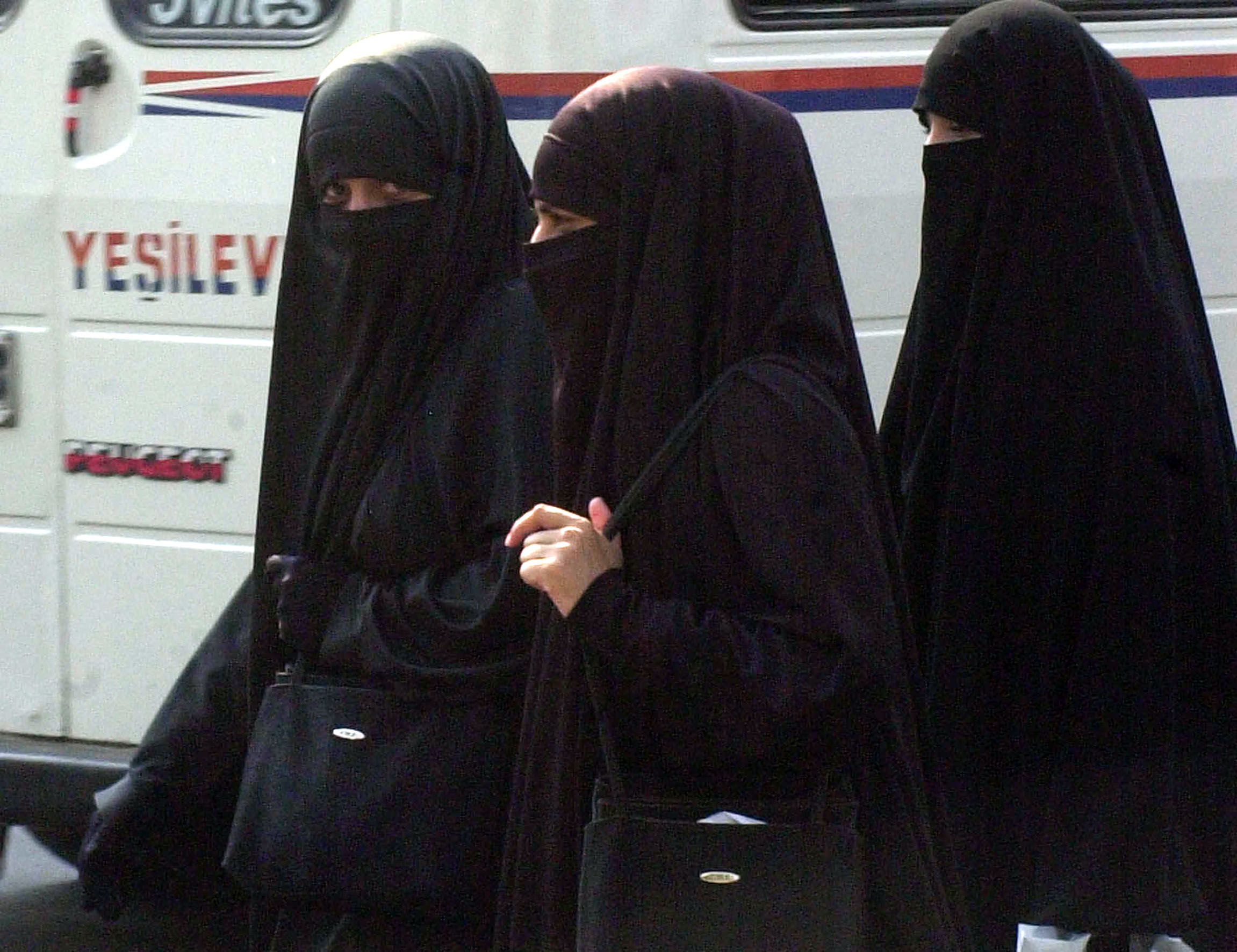In the global debate regarding the veiling of Muslim women, one important factor is often overlooked: The fact that depriving a human being from live-giving sunlight and air represents physical torture. Indeed, this form of torture has been used for centuries in prisons.
It has long been known that the average human being requires a certain amount of sunshine on a daily basis in order to be healthy. Under the right circumstances sunlight creates vitamin D in the oils on the skin, which is then absorbed into the bloodstream and helps generate health throughout the entire body, largely serving to assist calcium in bone formation.
"Osteomalacia. This disease--its name literally means bad bones--results primarily from a severe vitamin-D deficiency. Arabian and Indian women who keep themselves heavily veiled frequently develop such painful backs that they can scarcely rise; and they suffer multiple spontaneous fractures and have extremely rarefied bones, all of which clears up dramatically when vitamin D is given them." (Davis, Let's Get Well, p. 256.)
"Sir Robert McCarrison, the great English physician, wrote of osteomalacia in India among the Mohammedan women observing the custom of purdah. These women veil their faces at adolescence and rarely go outside their homes."
"...in most of the Sunni Muslim women (who form majority of the Muslims), in spite of high intake of calcium, osteomalacia is often seen. There are two reasons for this:
"1. Use of burkha which prevents sunlight reaching the skin.
"2. Living indoors - most of the Muslim women specially those staying in the Muslim localities, do not move out of the house and thus are not exposed to the sun and often develop osteomalacia."

As we now know, vitamin D is necessary for a variety of other metabolic processes in a healthy individual. Moreover, sunlight has other positive effects besides vitamin-D production. For one, it is necessary for the production of the hormone melatonin through the eyes. Thus, Muslim women who wear the full burkha* are deprived of this health-bestowing chemical as well, which is necessary for proper sleep and, consequently, mental health. Also, merely taking vitamin D or melatonin supplements would not make up for other potential health benefits associated with adequate exposure to sunlight, and supplements are not the best choice for optimal health in any event.
In addition to developing bone and other problems from a lack of vitamin D and melatonin, covered women are deprived of fresh air on their skin, which is the body's largest organ. Hence, the skin is not given the opportunity to breathe adequately. Furthermore, the color of choice in covering up women because of "religious" purposes is often black and sometimes blue, undoubtedly creating much sweltering and heat stroke in the very hot regions in which this clothing is traditionally worn.
While the emotional, mental and spiritual problems with forcing a woman to veil herself may be increasingly clear, the grossly under-explored factor in the burkha/niqab debate is the toll on women's physical health. The bottom line is that veiling women and depriving them of life-giving sunlight and air represents physical torture - especially in heat-absorbing dark colors - on a mass scale. How many women are suffering horrendous health problems, exacerbated by being forced to give birth repeatedly, because of this oppressive custom? In the veiling of women, then, we are looking at a serious and appalling health crisis affecting millions worldwide.
* There are many forms of oppressive dress for women within the Islamic world, compelling us to learn these terms:
See also:* There are many forms of oppressive dress for women within the Islamic world, compelling us to learn these terms:
burqa/burkha/burkaSo obsessive is this women-oppression that there are reputedly over 100 terms for bagging females.
niqab
chador
sitar
hijab
abaya
jilbab
Women in hijabs 'need sunlight or risk illness'
Women's Rights in Islam
Acharya S, aka DM Murdock, is an acclaimed author on the development of religion. Find more about herself and her works at her website, Truth Be Known.
